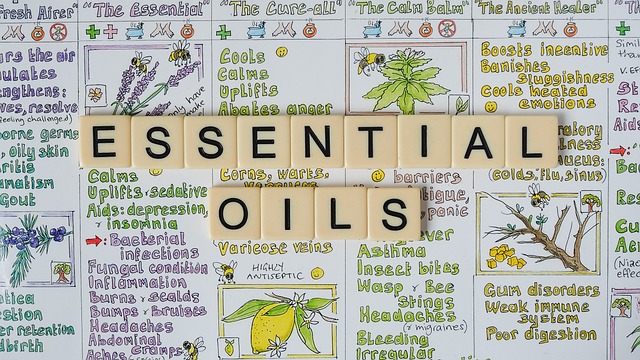Hello there, fellow cat lovers! As a responsible and caring pet owner, you want to ensure that your feline friend is getting the best possible nutrition. With so many food options available on the market, it can be overwhelming to decide which ones are truly beneficial for your cat’s diet. In this article, we will explore some of the best foods for your cat’s diet, and provide you with expert advice on how to make informed decisions about their meals.
First and foremost, it’s essential to understand that every cat is different, just like humans are. What works for one cat may not work for another, depending on factors such as age, health, and lifestyle. Therefore, it’s crucial to consult with your veterinarian before making any changes to your cat’s diet.
Now, let’s dive into some of the best foods for your cat’s diet:
Canned tuna in water is a great source of protein for cats. Look for brands that are low in mercury and BPA-free cans. Tuna is rich in omega-3 fatty acids, which are excellent for skin and coat health.
Salmon is another excellent source of protein for cats. It’s high in omega-3 fatty acids and is rich in antioxidants. When choosing salmon for your cat’s diet, opt for wild-caught Alaskan or Pacific salmon.
Cooked chicken or turkey can be a great addition to your cat’s meals. Make sure to remove any bones, skin, or seasonings before serving.
Plain yogurt is a probiotic-rich food that can help support your cat’s digestive health. Look for unflavored and unsweetened brands.
Cottage cheese is another excellent source of protein and calcium for cats. Mix it with water to thin out the consistency, if needed.
Fresh vegetables such as green beans, carrots, and sweet potatoes can be a great way to add fiber and nutrients to your cat’s diet. Avoid giving too many vegetables, as they should not make up more than 10% of your cat’s daily calorie intake.
Here are some key points to keep in mind when choosing the best foods for your cat’s diet:
- Canned tuna and salmon are excellent sources of protein and omega-3 fatty acids.
- Cooked chicken or turkey can be a great addition to your cat’s meals, but remove any bones, skin, or seasonings first.
- Plain yogurt and cottage cheese are probiotic-rich foods that support digestive health.
- Fresh vegetables such as green beans, carrots, and sweet potatoes can add fiber and nutrients to your cat’s diet.
Some key things to avoid when choosing your cat’s food include:
- Bisphenol A (BPA)-containing plastics, which have been linked to health problems in cats.
- High-sodium or high-sugar foods that can lead to weight gain and other health issues.
- Raw meat, eggs, or fish, as these can be contaminated with bacteria such as Salmonella or E. coli.
In conclusion, providing your cat with a balanced diet is crucial for their overall health and well-being. By incorporating the best foods for your cat’s diet into their meals, you can help support their digestive health, skin and coat condition, and overall quality of life. Always consult with your veterinarian before making any changes to your cat’s diet.
Some final tips to keep in mind:
- Always transition your cat gradually when introducing new foods or ingredients to prevent digestive upset.
- Keep track of what you’re feeding your cat and consult with your veterinarian if you have any concerns about their diet.
This article is a comprehensive guide to the best foods for your cat’s diet. By following these expert tips and advice, you can help ensure that your feline friend is getting the nutrition they need to thrive.
Tags: Best Foods for Cats, Cat Nutrition, Feline Diet, Healthy Food Options for Cats, Nutrition Tips for Cats

